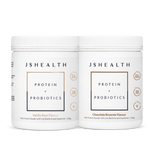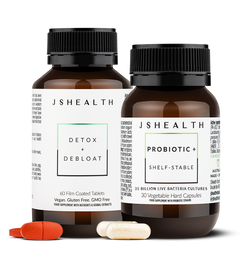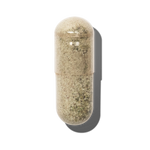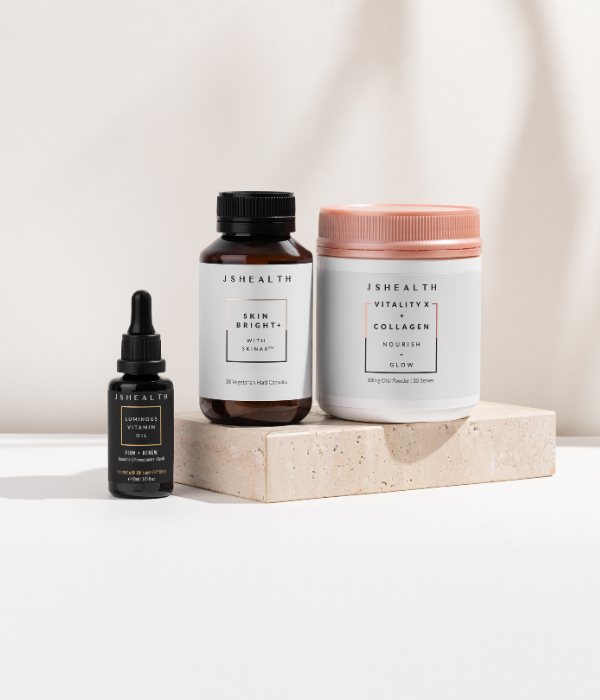Jess' 5 Tips to Tackle Sleep
30 September, 2024
I can’t tell you the amount of messages I’ve been getting or people I meet who tell me they have been feeling so exhausted and run down. Specifically - waking up tired!
If this sounds familiar, you are not alone.
Our nightly routines are without a doubt, the most crucial part of the day. Oftentimes, those who experience poor quality sleep do not have a consistent night routine in place. Prioritising nourishing habits before sleep allows our bodies to wind down and ensures that we wake feeling revitalised and truly rested.
These are my top 5 tips for ensuring your sleep is the best quality it can be.
With care,
Jess (Founder)
-
Your nightly routine is key. What does your nighttime routine look like? Take a pen and paper and write it down. Truly do an audit! Sometimes we don’t realise the reality of how we are spending time before bed (on technology, eating very close to sleep time). I’m hugely dedicated to a very wholesome wind-down routine, which starts every evening from 8pm. It’s been life changing! For me, it looks like starting to calm down the mind and body in order to fall asleep and stay in deep sleep. I have a very strict phone and email switch off by 8:30pm (you can set a time that works for you). I have a healthy protein-rich dinner, then an epsom salt bath, take my magnesium supplement and put my phone in another room. Then - it’s all about nourishing time with my hubby, watching our fave TV show or reading a book. It can be so detrimental to scroll on our phones (I’ve done this too!) before sleep - it demands our focus, winds up the brain and keeps us feeling alert and stressed. I can’t emphasise this enough: a soothing nightly routine really sets me up for such a productive and energised day the next day. These boundaries are the only way to find a sense of inner calm.
-
Limit alcohol and caffeine. The JSHealth rule is 1-2 coffees a day before midday. This is because caffeine stays in the bloodstream for up to 8-9 hours, so anything after lunchtime can be disruptive to the nervous system(1). I’ve met so many people who have coffee in the afternoon and speak about their disrupted sleep! Alcohol is also known to be a sleep disruptor(2). Whilst it may help you fall asleep faster, those effects quickly wear away after just a few hours and the opposite can begin to occur - you’re stuck awake. My rule is to limit alcohol to weekends only and to keep intake to moderate. I love and mindfully enjoy wine!
-
Protein at dinner is essential. So many people accidentally miss this one. You should look to include a nourishing source of protein with every meal to keep you satiated. Protein also assists muscle recovery, supports bone health and is essential for general health and wellbeing(3). When it comes to protein at dinner, although melatonin (our sleep hormone) is not an amino acid, it is naturally synthesised from the amino acid tryptophan, found in protein sources. I like to opt for a palm size of chicken, fish, meat, tofu, beans/legumes or eggs. Protein is a must!
-
Supplements can be game-changing. I always recommend a high-quality, multi-form magnesium supplement to calm down the nervous system, support muscles and aid in deep sleep. There are also targeted supplements that contain soothing botanicals, vitamins and herbs proven to deepen sleep which can really move the needle when it comes to maintaining your sleep quality during any phase and any stage of life.
- Make time to be consistent. It’s important to understand that our bodies need time to wind down in order to achieve deep and restorative (REM) sleep and that we must practise this consistently, day after day. It has to be a commitment from ourselves to support our body. Unfortunately, with the inundation of social media, constant notifications and urgency culture - it can be so much harder to truly switch off. I try to help people realise that this commitment may feel challenging at first, but the benefits to your mental health, rejuvenation and productivity the next day is always SO worth it. Not to mention the cumulative benefits felt over time! It all starts with sleep.
References
- Drake, C., Roehrs, T., Shambroom, J., Roth, T. Caffeine effects on sleep taken 0, 3, or 6 hours before going to bed. J Clin Sleep Med. (2013) Nov 15, Vol 9(11), pp. 195-200. PMID: 24235903.
- Ebrahim, I.O., Shapiro, C.M., Williams, A.J., Fenwick, P.B. Alcohol and sleep I: effects on normal sleep. Alcohol Clin Exp Res. (2013), Vol 37(4), pp. 539-49. PMID: 23347102.
- Pasiakos, S.M. Metabolic advantages of higher protein diets and benefits of dairy foods on weight management, glycemic regulation, and bone. J Food Sci. (2015). PMID: 25757894.









































